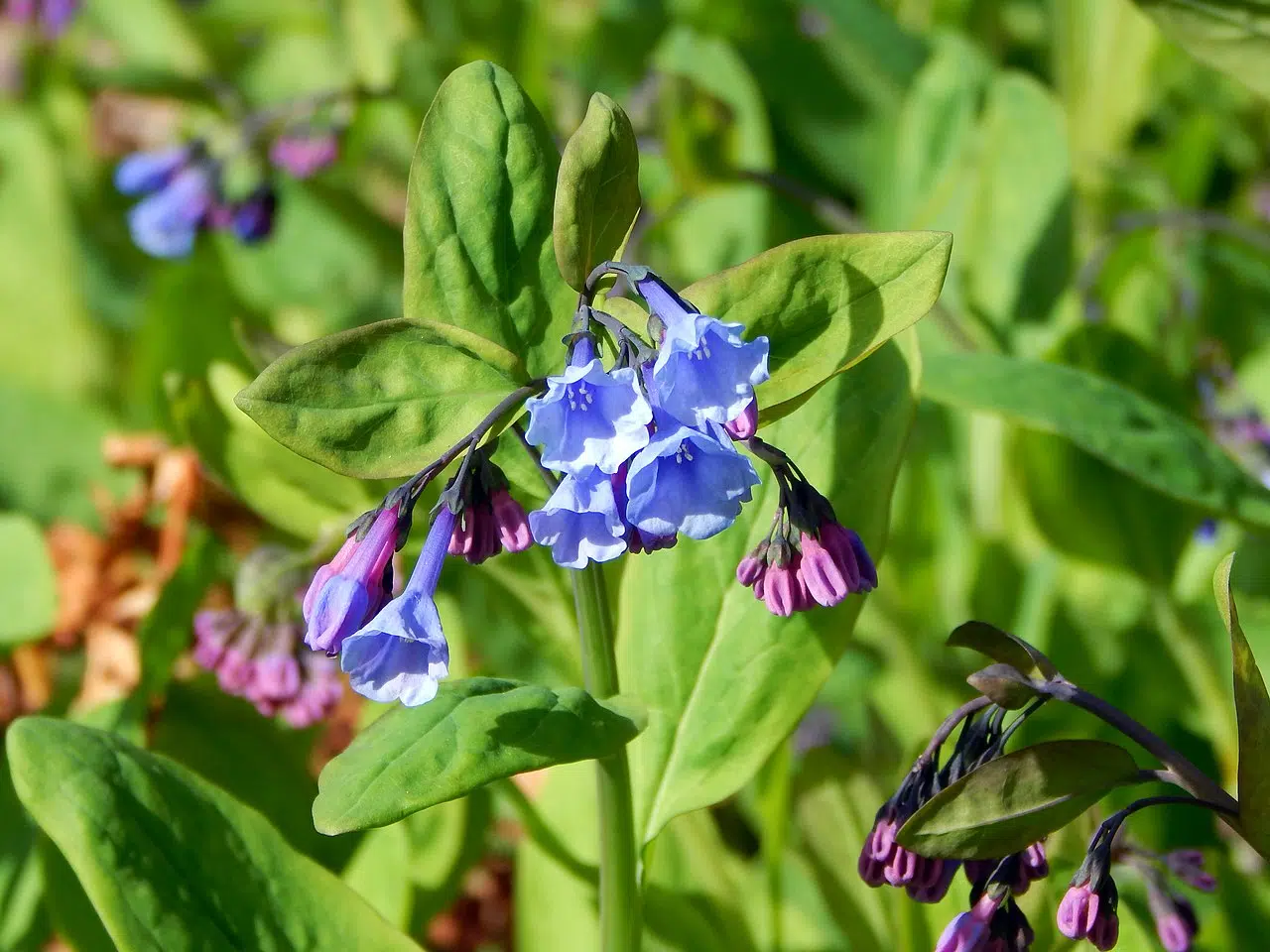This past month has been very busy, our land interns, staff, and volunteers have already planted hundreds of trees out in the state natural area. Woo! Hundreds more await planting, certainly enough to keep us busy for the rest of the summer. Tuesday was spent planting, but not trees.
Instead, we planted native woodland flowers along the forest’s edge, right along some of our prairies where the endangered rusty-patched bumble bee has been documented for the past few years. The prairies are full of beautiful native wildflowers like blazing star, milkweed, bergamot, coneflowers, and culver’s root to name a few. If there are already awesome plants blooming out there, why plant more?
Well, most prairie plants around here bloom mid-late summer. Some pollinators, including the rusty-patched bumble bee, emerge from their winter sleep in spring. Many woodland flowers bloom late spring-early summer, perfect for filling in that gap of when the bees wake up to when the prairie flowers bloom!
We planted a variety of species, bluebells, mayapples, asters, and jacob’s ladder, to name a few. With armfuls of plants, off we went! We worked under the shade of sugar maples, beech, and hemlock trees while birds called from the treetops above. A glance out towards the prairies offered a view of countless dragonflies zipping on by with a few monarchs floating from one milkweed plant to the next.
After the last flowers were planted, as we gathered up our shovels and plant pots, a single bumble bee buzzed on by us. It went from one newly planted flower to the next, as if it was curious as to what we had been working on for the past few hours. I couldn’t help but think of how excited that bumble must have been to discover this area full of new resources that it and countless other pollinators can come and enjoy. It was a really nice feeling to see that pollinators were already appreciating our hard work, merely minutes after we had finished.
Our work here at Woodland Dunes is truly fulfilling. We get to teach the importance of nature and why we protect it while sharing how special this preserve is for children and adults alike. We also get to help protect and restore that land, improving habitats for numerous species of wildlife to enjoy for generations to come. How amazing is that? And, let’s be honest, who wouldn’t want to spend their day planting flowers under the shade of beautiful trees, while birds sing all around you, as if cheering you on as you improve their habitat one scoop of a shovel at a time.











